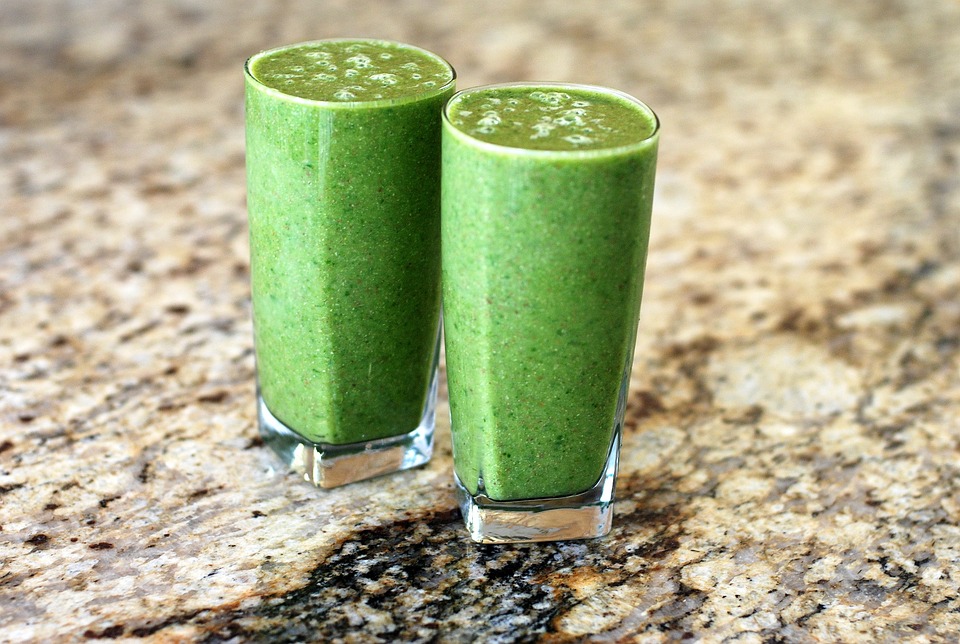
The rise of plant-based protein
Over the past decade, the popularity of plant-based diets has risen, and with them the demand for high-quality plant-based protein sources. With concerns about the environmental impact of animal agriculture and the health benefits of reducing meat consumption, more and more people are turning to plant-based proteins as a practical alternative. In this article, we will explore the rise of plant-based protein and introduce a high-protein plant-based meal plan for those looking to incorporate more plant-based protein into their diet.
Benefits of plant protein
Plant protein offers a range of benefits, both for individuals and for the planet. Compared to animal protein, plant-based protein sources tend to be lower in saturated fat and cholesterol, making them a heart-healthy choice. In addition, plant sources of protein are often rich in fiber, vitamins and minerals, providing a more nutrient-dense option than many animal products. From an environmental perspective, plant-based protein production tends to have a lower carbon footprint, making it a more sustainable option for those concerned about climate change.
Case Study: Plant Protein Market Growth
In recent years, the plant-based protein market has witnessed tremendous growth. According to a report by Research and Markets, the global plant-based protein market is expected to reach $10.89 billion by 2025, at a CAGR of 7.8%. This growth is due to a range of factors, including increased consumer awareness of the health and environmental benefits of plant-based diets, as well as the increased availability of plant-based protein products in major supermarkets and restaurants.
High protein vegetarian meal plan
For those looking to incorporate more plant-based protein into their diet, a high-protein plant-based meal plan can help ensure their nutritional needs are met. Here is a sample meal plan that provides ample protein while also being delicious and satisfying:
Day 1
- Breakfast: Quinoa and black bean breakfast bowl
- Lunch: lentils and fried vegetables
- Dinner: Chickpea curry with brown rice
the second day
- Breakfast: Smoothie with almond milk, spinach, banana, and protein powder
- Lunch: tofu and vegetable kebab with quinoa
- Dinner: black beans, sweet potatoes, and chili pepper
Day 3
- Breakfast: Chia seed pudding with mixed berries
- Lunch: Greek salad with hummus
- Dinner: Pasta with lentil marinara sauce
Conclusion
The emergence of plant-based proteins represents an exciting shift in the way we think about food and nutrition. As the benefits of plant proteins become increasingly clear, from a health and environmental perspective, it is clear that plant-based diets are here to stay. By incorporating a high-protein plant-based meal plan into their diet, individuals can enjoy many of the benefits of plant-based proteins while also enjoying delicious and satisfying meals.

0 Comments